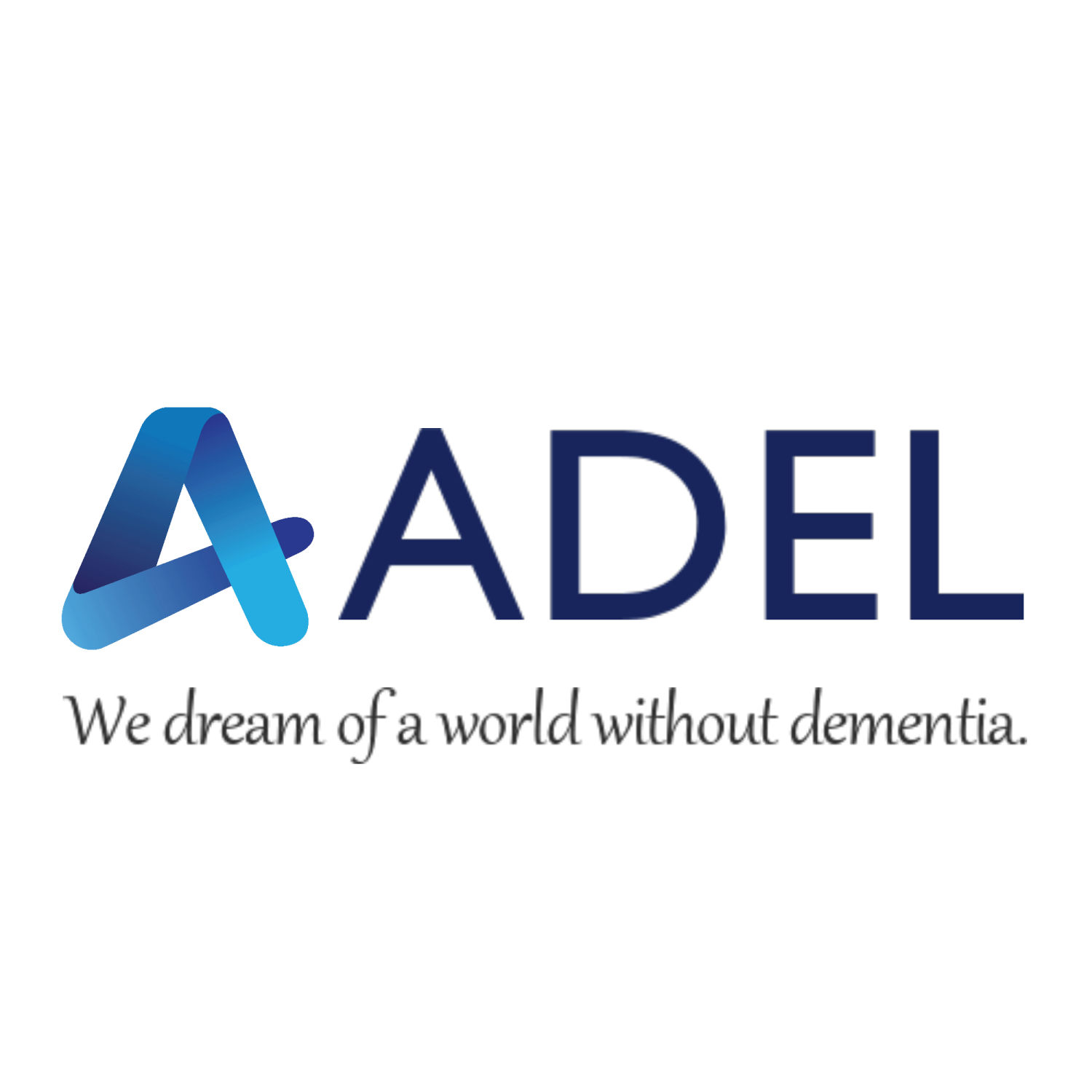Request Demo
Last update 08 May 2025
AR x TAU
Last update 08 May 2025
Related
1
Drugs associated with AR x TAUTarget |
Mechanism AR antagonists [+1] |
Active Org. |
Originator Org. |
Active Indication |
Inactive Indication- |
Drug Highest PhaseDiscovery |
First Approval Ctry. / Loc.- |
First Approval Date20 Jan 1800 |
100 Clinical Results associated with AR x TAU
Login to view more data
100 Translational Medicine associated with AR x TAU
Login to view more data
0 Patents (Medical) associated with AR x TAU
Login to view more data
29
Literatures (Medical) associated with AR x TAU01 Mar 2025·Neuropharmacology
Neuroprotective effects of testosterone on sevoflurane-induced neurotoxicity in testosterone-deprived male mice
Article
Author: Long, Siwen ; Li, Dujuan ; Gong, Bingqing ; Li, Feixiang ; Yu, Jiafeng ; Yu, Yonghao ; Yang, Yongyan ; Yang, Yue
01 Mar 2025·Neuroscience
Androgens Regulate Tau Phosphorylation Through Phosphatidylinositol 3-Kinase–Protein Kinase B–Glycogen Synthase Kinase 3β Signaling
Article
Author: Yao, Mingzhong ; Soper, Jenna Carroll ; Rosario, Emily R ; Pike, Christian J
01 Dec 2024·Alzheimer's & Dementia
Androgen receptor upregulation regulates tau pathology in a female tauopathy mouse model
Article
Author: Lyu, Xinchen ; Rissman, Robert A. ; Kauffman, Alexander S. ; Chen, Xu ; Munoz‐Mayorga, Daniel ; Tao, Yuren
1
News (Medical) associated with AR x TAU23 Apr 2025
A small Northwestern University spinout attempting to develop a twist on biologics has pulled together a $30 million Series A.
The startup, named Grove Biopharma, weathered the pandemic and, after more than a year of fundraising, pushed through the
difficult financing environment
in a bid to prove its platform can hit intracellular disease targets and potentially open up a new field of medicines.
To get to this point, Grove had to rightsize its original ambition of raising a $50 million Series A, CEO Geoffrey Duyk said in an interview.
The funding environment has been particularly difficult for startups like Grove that are attempting to create new platforms. Risk-averse investors have mostly concentrated their bets on clinical-stage assets or pipelines on the cusp of human trials.
Duyk has seen both sides of the coin, having worked in R&D at Millennium and Exelixis in the 1990s and early 2000s before spending two decades on the investing side.
“This is obviously the most challenging environment I’ve seen in my entire career,” Duyk said, “and I’ve been through many, many cycles.”
The Series A, albeit smaller than planned, does come with industry validation via Eli Lilly, which took part in the DCVC Bio-led round. Grove previously raised about $8 million in seed funding, Duyk said.
The nimble startup, which has about a dozen employees, is also part of the
burgeoning Chicago biotech scene
. Grove was incubated by local investor Portal Innovations, and it is housed in the same West Loop building as the Chan Zuckerberg Biohub Chicago.
The startup’s platform seeks to make synthetic biomolecules that can go after intracellular targets. Whereas the industry has traditionally thought of materials as delivery mechanisms, Grove wants to flip the switch on that thinking.
“It’s not just new drugs. It’s not just a new molecule. It’s a new way to develop drugs,” scientific founder and Northwestern professor Nathan Gianneschi said in an interview. “This is turning that around and saying, ‘Well, no, the material itself is the drug.'”
Gianneschi and Duyk co-founded Grove in 2020 alongside chief technology officer Paul Bertin. Duyk called it a “three-men-in-a-garage” type of startup after it spun out from the university lab.
“Nathan was asking some interesting questions: What if you rethought what a protein was? Instead of a protein being a linear polymer of amino acids, what if you made it a branch of polymer peptides?” Duyk said.
Grove’s molecules look like little trees, hence the company’s name, according to Gianneschi. He and his team discovered a fully synthetic molecule that incorporated the critical features of an antibody but could also get inside a cell, Duyk said.
“It was like a little bit of a dream to begin with, that you could mimic proteins using polymer chemistry,” Gianneschi said.
Its first clinical attempt will be in prostate cancer with a molecule that goes after AR-V7, an androgen receptor splice variant.
That said, the startup will likely need more financing to get into the first human trial, Duyk said. Grove’s other oncology programs include work in SHOC2, the MYC/WDR5 interaction, and the MYC transactivation domain. Its in-house R&D engine is also exploring neurodegenerative diseases by way of tau pathology and the Keap1-Nrf2 pathway.
Grove is hopeful that its platform can lead to medicines that are delivered via IV, under-the-skin injections or even topicals, Duyk said. Work has yet to be done to see if they can be made available orally, he added.
The company also plans to seek biopharma partnerships, saying its platform can be applied in multiple areas, including degraders. “We can use our molecules to do the equivalent of ADCs,” Duyk said. “We can use our molecules to do the equivalent of radiopharmaceuticals, so there’s a lot of interest in pursuing that.”
Editor’s note: This story was updated to correct the AR-V7 program is in prostate cancer, not pancreatic.
Analysis
Perform a panoramic analysis of this field.
login
or

AI Agents Built for Biopharma Breakthroughs
Accelerate discovery. Empower decisions. Transform outcomes.
Get started for free today!
Accelerate Strategic R&D decision making with Synapse, PatSnap’s AI-powered Connected Innovation Intelligence Platform Built for Life Sciences Professionals.
Start your data trial now!
Synapse data is also accessible to external entities via APIs or data packages. Empower better decisions with the latest in pharmaceutical intelligence.
Bio
Bio Sequences Search & Analysis
Sign up for free
Chemical
Chemical Structures Search & Analysis
Sign up for free
